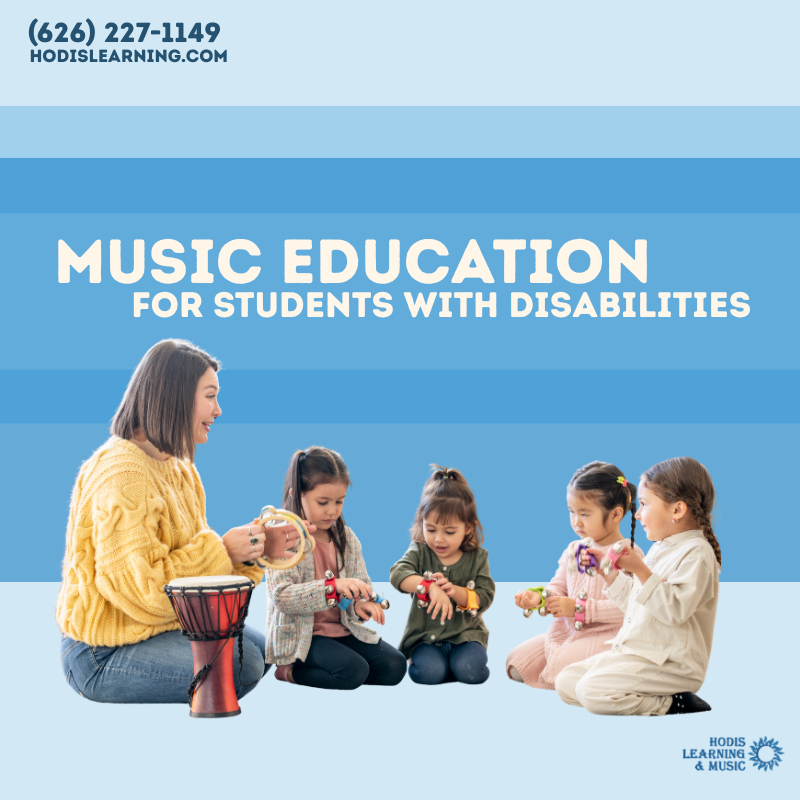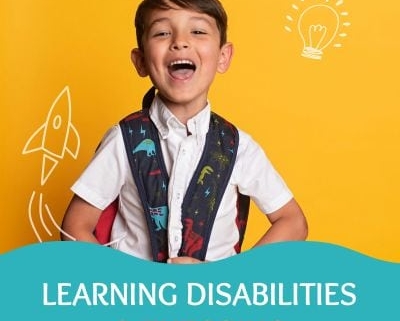Music has a unique ability to connect, heal, and inspire. For students with diverse learning needs, it can open doors to communication, confidence, and creative exploration that other subjects may not.
At Hodis Learning Music, we believe music is for everyone. Regardless of physical, cognitive, emotional, or sensory challenges, every child deserves the opportunity to express themselves through music. With the right support and a personalized approach, music education can become a joyful, empowering, and even therapeutic experience for students with disabilities.
Why Music Education Matters for Students with Disabilities
- Enhances communication for nonverbal or speech-delayed students through rhythm, gesture, and melody
- Improves motor skills with hands-on activities like playing piano, drumming, or participating in movement-based music games
- Boosts memory and cognitive function through repetition, songs, and musical patterns
- Supports emotional regulation by offering a safe outlet for feelings
- Fosters independence and self-confidence through creative expression and mastery
Music has the power to meet students where they are and help them grow.
Music Therapy vs. Music Education
While music education focuses on building musical skills, music therapy is a clinical practice led by certified professionals to address specific physical, emotional, or developmental goals. However, music education can be highly therapeutic in itself, especially when delivered with care and intention.
Success Looks Different for Every Student
For one child, success might mean learning to play a simple melody. For another, it could be making eye contact during a song or singing along with a favorite rhythm. Every musical milestone is worth celebrating.
How We Support Inclusive Music Education
Our music educators at Hodis Learning & Music:
- Adapt lessons to suit each student’s needs and interests
- Use patience, encouragement, and creativity in every session
- Incorporate games, movement, and hands-on exploration
- Celebrate effort and progress, not just outcomes
Whether your child has a diagnosed disability or simply benefits from a more flexible and supportive learning environment, we’re here to help them discover the power of music.
Sign Up for Music Lessons
If you’d like to learn more about how we support students with disabilities or book a personalized lesson, please get in touch.
Call us at (626) 227-1149 or email us today to get started!


